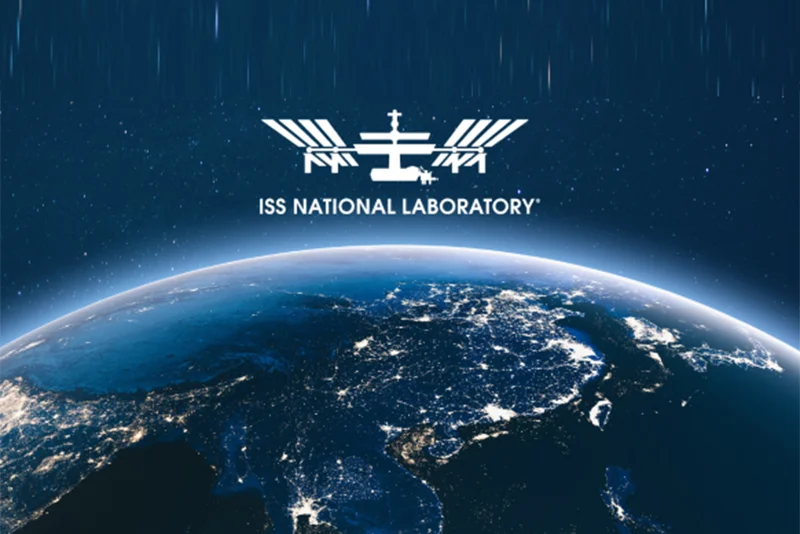
ISS research provides breakthrough in cancer treatment
International Space Station (ISS) National Laboratory in collaboration with biotechnology startup MicroQuin has conducted a space based 3D cell culture research which paves the way for treatment of all types of cancers

Kennedy Space Center: International Space Station (ISS) National Laboratory in collaboration with biotechnology startup MicroQuin has conducted a space based 3D cell culture research which paves the way for treatment of all types of cancers.
The research was initially intended to explore treatment of breast and prostate cancers. The research team however later found that their research can pave the way for all types of cancers.
“Biotechnology start-up MicroQuin leveraged the International Space Station (ISS) National Laboratory to grow 3D breast and prostate cancer cell cultures to learn more about how these cancers develop and grow.
“However, the research team found something incredible that could lead to a way to treat not just breast and prostate cancers but all cancers”, the ISS lab said.
One out of every eight women are likely to be diagnosed with breast cancer in their lifetime, and each year while 2 million women are given this frightening diagnosis.
Through MicroQuin's ISS National Lab-sponsored research, the team identified microgravity-induced changes in cancer cell signaling that revealed something critical to cancer cell survival.
Cancer cells' survival depends on their ability to regulate changes in their intracellular environment (the environment within the cells).
"As part of MicroQuin's research, the team crystallized a protein called TMBIM6 that plays a key role in regulating cells' intracellular environment and determined its structure", the ISS lab said.
Based on this new knowledge, MicroQuin developed a small molecule therapeutic that binds to TMBIM6 and alters how cancer cells regulate intracellular environment changes, causing the cells to die.
"TMBIM6 is only activated in cancer cells, so the therapeutic does not harm healthy cells. When MicroQuin researchers tested the therapeutic in the lab, they found it worked for all types of cancer", the ISS National Laboratory said.
During the research, MicroQuin further discovered that the findings about intracellular environment regulation could apply to many other conditions like neurodegenerative diseases, traumatic brain injury, and even viral infection.
MicroQuin's research was supported by the Technology in Space Prize, funded by the Center for the Advancement of Science in Space (CASIS), which manages the ISS National Lab, and Boeing in partnership with the MassChallenge startup accelerator program.
Follow ummid.com WhatsApp Channel for all the latest updates.
Select Language To Read in Urdu, Hindi, Marathi or Arabic.
